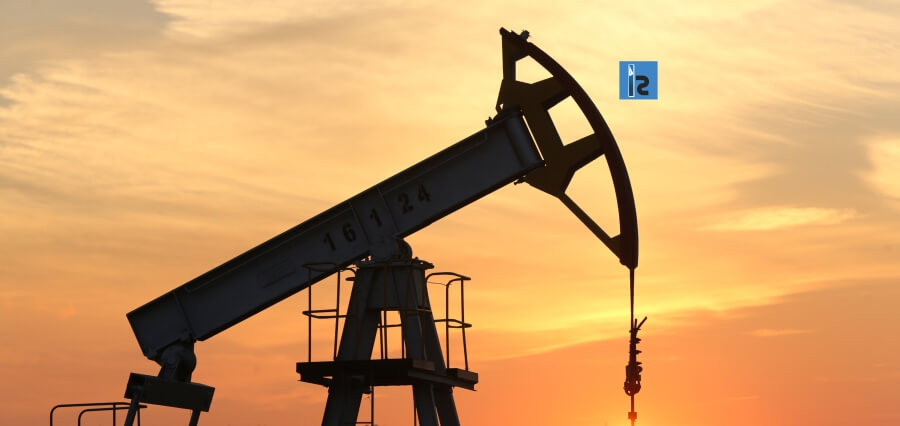In the ongoing debate over peak oil demand, the International Energy Agency (IEA) and OPEC find themselves at odds, raising questions about the future of the energy industry. The IEA has predicted peak oil demand by 2030, prompting strong opposition from OPEC. The disagreement reflects the broader clash between climate change concerns and the need for energy security. At the Abu Dhabi International Progressive Energy Conference, CEOs of major oil companies stressed the importance of a dual approach, asserting that an energy transition is not possible without the support of the hydrocarbons sector. The UAE, OPEC’s third-largest oil producer, is simultaneously ramping up crude production capacity and preparing for the COP28 climate summit in November.
While the IEA’s roadmap for Net Zero by 2050 calls for a significant reduction in oil demand, OPEC leaders highlight continuing yearly increases in demand, especially from major emerging markets like China and India. The debate underscores the challenges in balancing climate action with the interests of the hydrocarbon industry. Climate scientists warn that fossil fuel emissions must halve within the next decade to contain global warming, intensifying the tug-of-war between advocates for climate action and the hydrocarbons industry. Despite differences, both sides express a common desire to meet the objectives of the Paris Agreement.
The upcoming COP28 in Dubai is expected to further test global leaders’ commitment to climate action and may shed light on potential collaborations between climate advocates and the oil industry.


